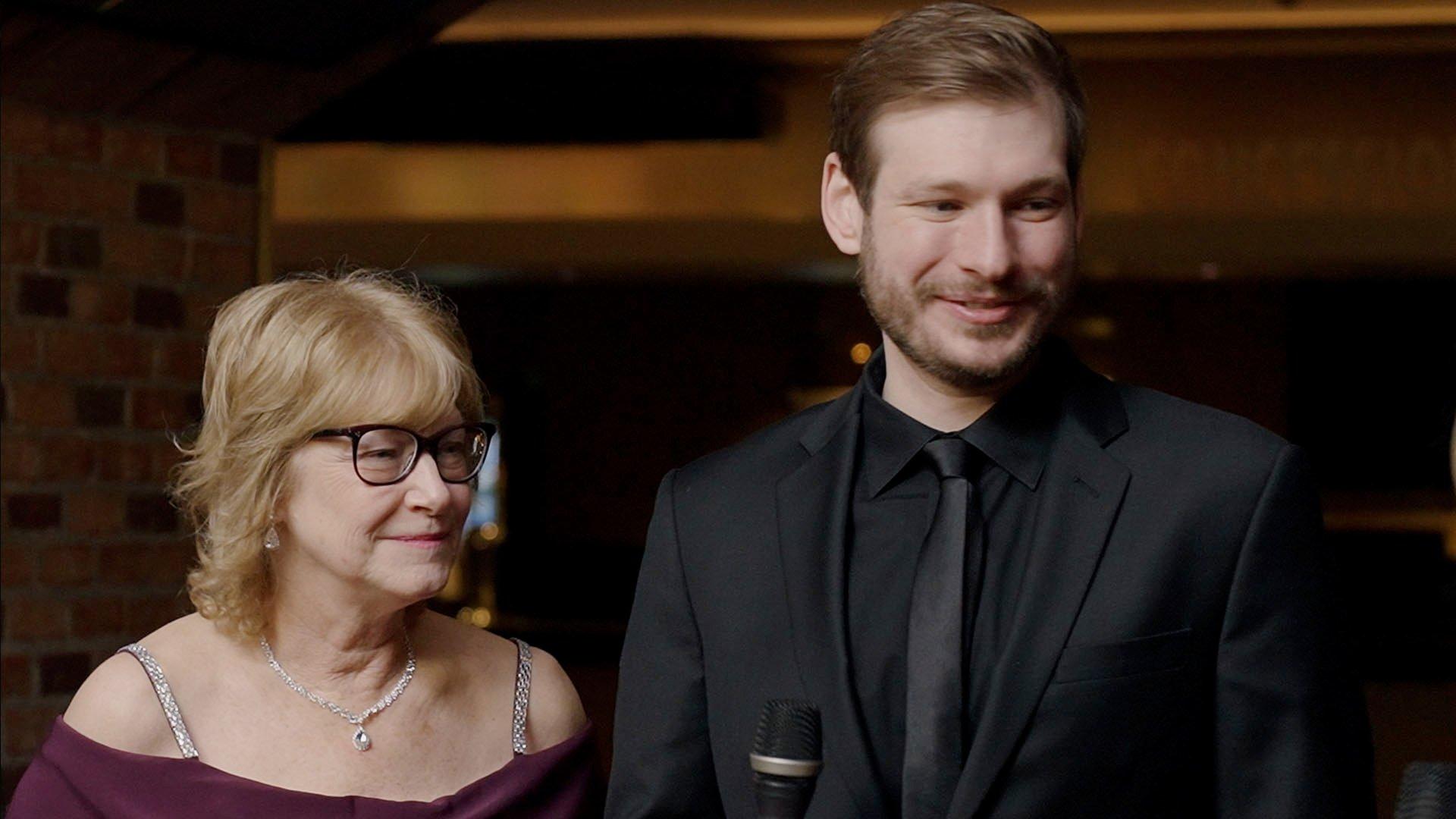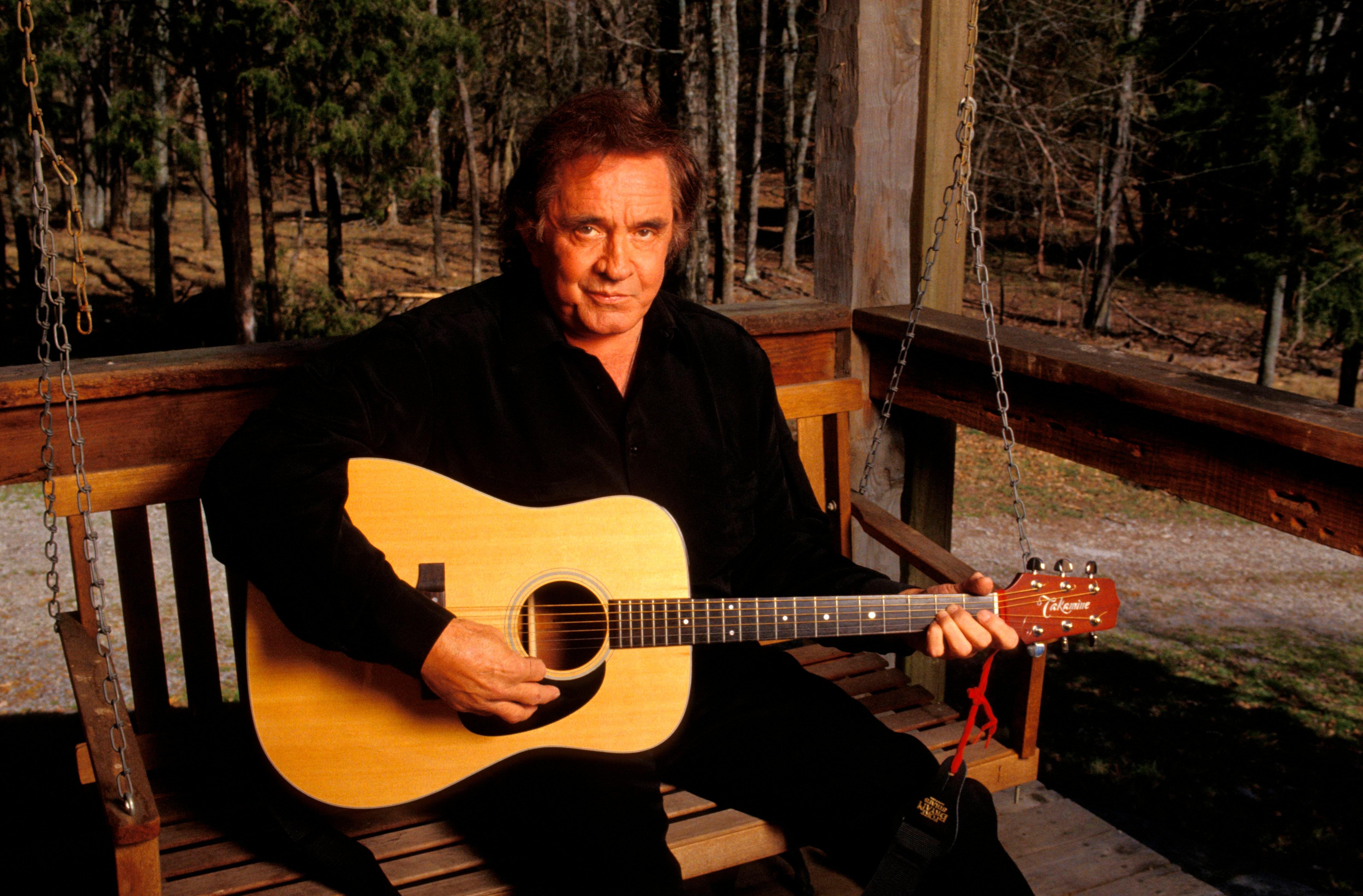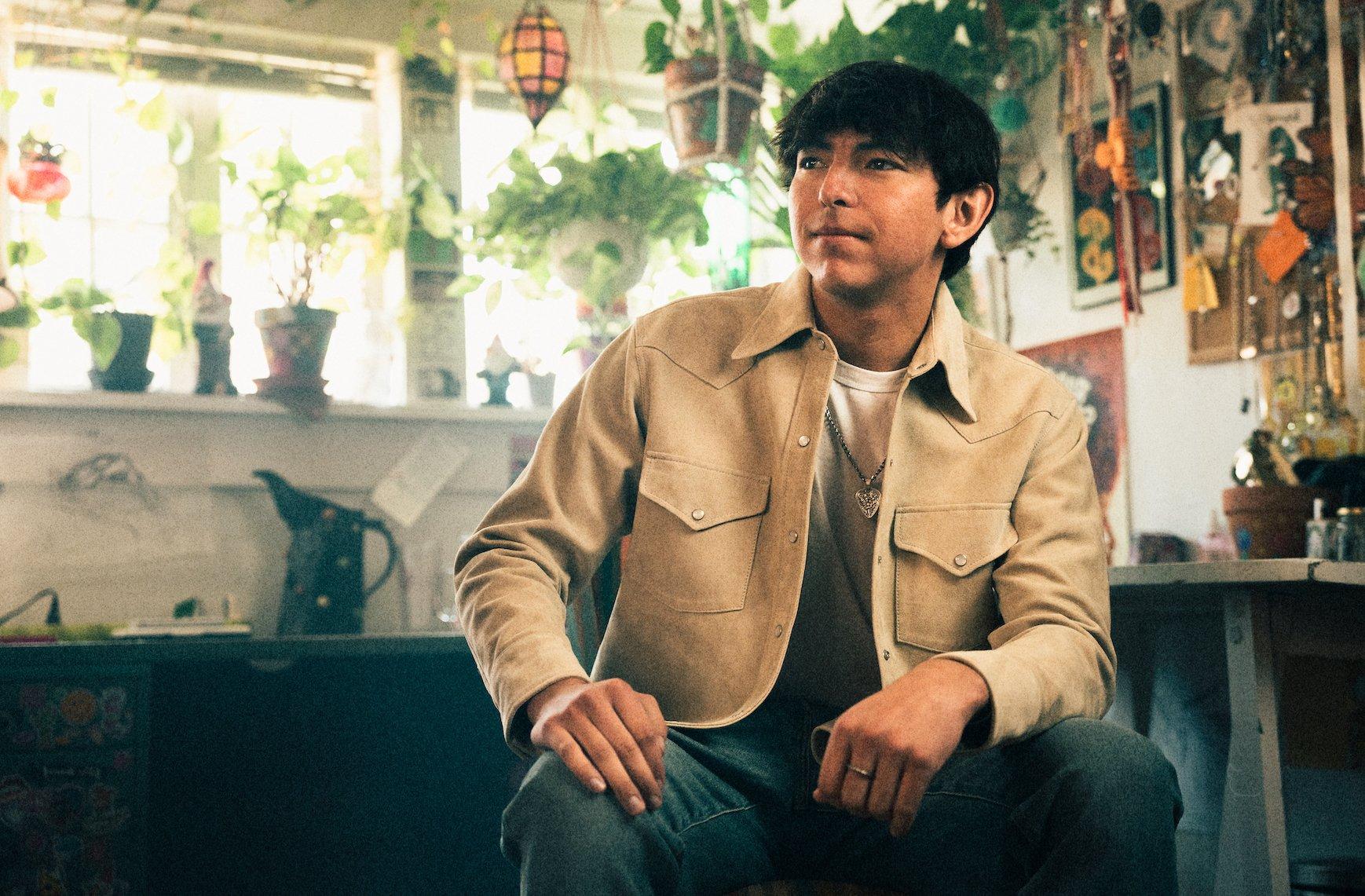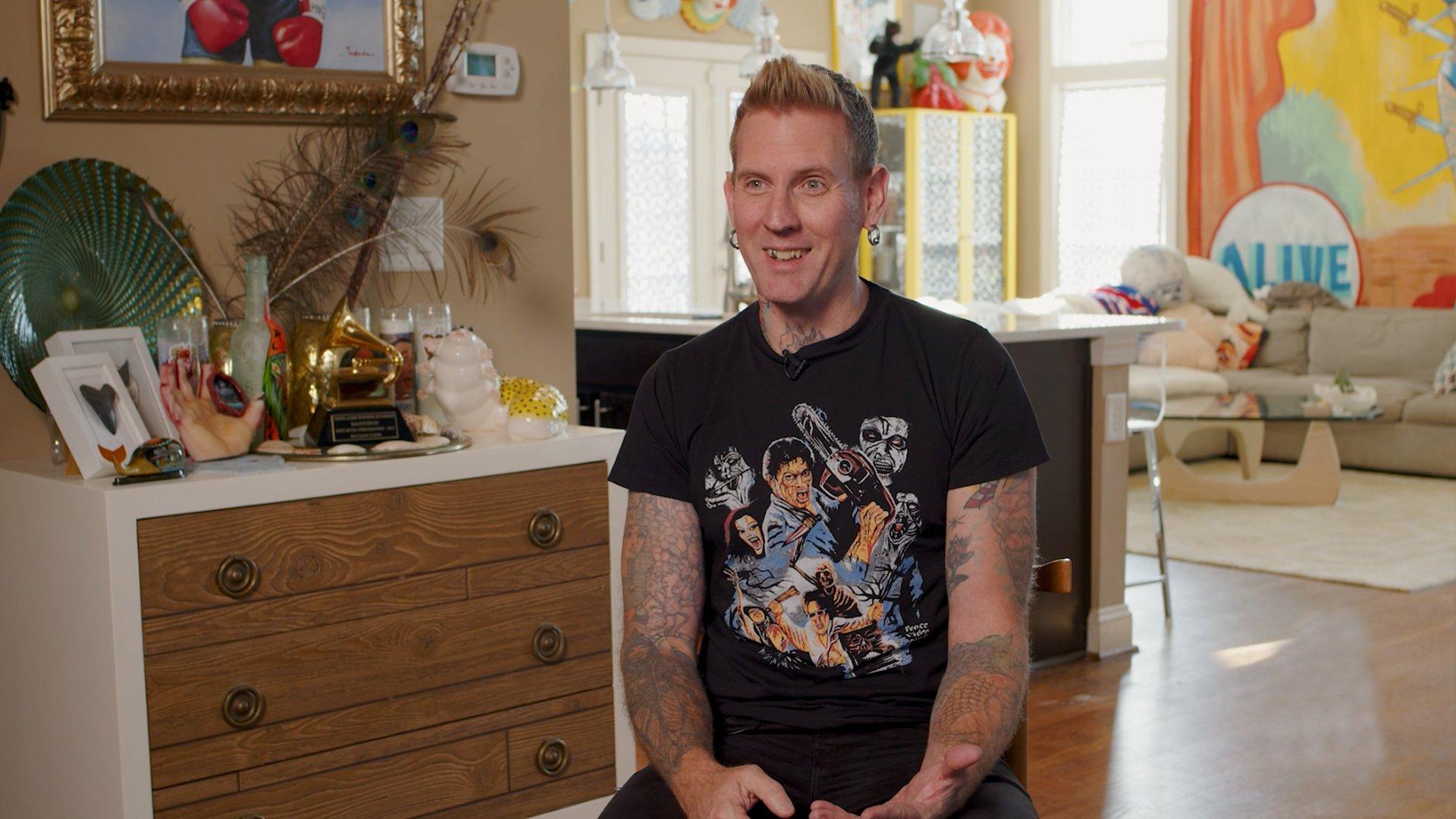Pharrell Williams could be headed for the GRAMMY history book this year. Williams is nominated for Producer Of The Year, Non-Classical, an award he previously won in 2003 as a member of the Neptunes (with Chad Hugo). If Williams wins this year, he'll become only the third producer to win in this category both on his own and with a partner. The first two were Quincy Jones (he won twice on his own and once with Michael Jackson) and Babyface (he won three times on his own and once with L.A. Reid).
This year's other nominees are Rob Cavallo, Dr. Luke, Ariel Rechtshaid, and Jeff Tweedy. This is the fifth nomination in this category for Cavallo (who won in 1998), the third for Williams and the second for Dr. Luke. Rechtshaid and Tweedy are first-time nominees in the category.
The 56th GRAMMY Awards will mark the 40th year that the award for Producer Of The Year, Non-Classical will be presented. That milestone is a good excuse to look back at the winners and nominees in the category through the years.
The Recording Academy added the Producer Of The Year category in 1974, 16 years after the inaugural GRAMMY Awards. The nominees that first year were Thom Bell, Rick Hall (who will receive a Recording Academy Trustees Award this year), Billy Sherrill, Lenny Waronker, and Stevie Wonder. On March 1, 1975, Bell was announced as the first winner.
Producer Of The Year, Non-Classical is now one of the night’s most anticipated awards. (The Non-Classical portion of the title was added in 1980 to distinguish the category from Producer Of The Year, Classical, which was introduced in 1979.)
Babyface has won Producer Of The Year four times, more than anyone else. He and Reid won as a team in 1992, when their credits included the Boomerang soundtrack and hits by TLC and Bobby Brown. Babyface won on his own three years in a row, from 1995 through 1997. (He’s the only producer to win the award in back-to-back years — much less score a “three-peat.”)
Jones and David Foster are close behind, with three Producer Of The Year victories each. Peter Asher, Arif Mardin and Rick Rubin have each won the award twice.
Jones was the first two-time winner in the category and also the first three-time winner.
Foster, who was born in Victoria, British Columbia, has won the award more times than any other producer who was born outside of the U.S.
Mardin holds the record for the longest span of Producer Of The Year awards: 27 years. He first won in 1975 (when his credits included albums by Bee Gees and Average White Band) and again in 2002 (the year of Norah Jones’ Come Away With Me).
Mardin set another record in 2002 as the oldest Producer Of The Year winner. He was 70 at the time.
The youngest winners of Producer Of The Year to date are Steve Lukather and Steve Porcaro of Toto and Michael Jackson. All were just 25 when they won.
Jimmy Jam & Terry Lewis have received the most nominations for Producer Of The Year: 11. Jones and Foster are runners-up, with eight each. Babyface is next in line, with six.
Nigel Godrich, best known for his work with Radiohead, holds the bittersweet distinction of the most nominations without a win: five.
Wonder, who won in 1976, was the first self-produced artist to win. Many others have followed his lead, including last year’s winner, Dan Auerbach of the Black Keys.
Four self-produced artists have won in tandem with creative partners: Bee Gees (with Albhy Galuten and Karl Richardson), Jackson (with Jones), Lionel Richie (with James Anthony Carmichael) and Phil Collins (with Hugh Padgham).
Other twosomes to have won are Jam & Lewis, who had played together in the Time; Babyface & Reid, who had played together in the Deele; Brian Eno & Daniel Lanois; and the Neptunes (Williams and Hugo), who are members of N.E.R.D.
Producer Of The Year winners have diverse backgrounds. Before becoming a top producer, Asher played a part in the British Invasion as one-half of Peter And Gordon. Foster and the members of Toto were in-demand studio musicians. Jones was a top arranger and Hollywood film scorer.
Prior to winning Producer Of The Year, many recipients had previously won GRAMMYs in other capacities. Phil Ramone and Neil Dorfsman had won as engineers; Steve Lillywhite and Brendan O’Brien as engineer/mixers; and Larry Butler, Toto’s David Paich and Narada Michael Walden as songwriters.
Producer Of The Year winners have come from all over the world. Asher, Collins & Padgham, Eno, Lillywhite, Mark Ronson, and Paul Epworth were born in England. Foster and Lanois were born in Canada; Bell in Jamaica; Mardin in Turkey; Bee Gees in Isle of Man; Ramone in South Africa; and Walter Afanasieff in Brazil.
Six women have been nominated for Producer Of The Year (though, as yet, no woman has taken home the award). Janet Jackson was the first woman to be nominated. Jackson, Jam and Lewis were cited as a team in 1989 — the year of her hit-laden album, Janet Jackson's Rhythm Nation 1814.
In a similar fashion, Mariah Carey and Afanasieff were nominated as a team in 1991 — the year of her sophomore album, Emotions.
Paula Cole was the first woman to make the Producer Of The Year finals on her own. She was nominated in 1997, the year of her breakthrough album, This Fire.
In 1998, for the first (and, so far, only) time, the Producer Of The Year finals included two women: Sheryl Crow and Lauryn Hill. Crow was nominated for her work on The Globe Sessions; Hill for her work on The Miseducation Of Lauryn Hill and Aretha Franklin's "A Rose Is Still A Rose."
The sixth and most recent instance of a woman receiving a Producer Of The Year nomination came in 2003 when the writing/producing team the Matrix, which includes Lauren Christy, were nominated. The team's work that year included tracks by Liz Phair and Hilary Duff.
There have been two ties for Producer Of The Year. In 1984 Foster tied with Carmichael & Richie. In 1992 Babyface & Reid tied with Eno & Lanois.
Sadly, seven past winners for Producer Of The Year are no longer with us: Larry Butler, Maurice Gibb, Robin Gibb, Jackson, Mardin, Jeff Porcaro, and Ramone.
As noted above, The Recording Academy added the Producer Of The Year, Classical category in 1979. James Mallinson was the first winner. Robert Woods and Steven Epstein are tied for the most wins in the category with seven each. There have been three female winners: Judith Sherman (three times), Joanna Nickrenz (twice) and Elaine L. Martone (once).
View a complete list of winners for the Producer Of The Year, Non-Classical and Classical categories.
(Paul Grein, a veteran music journalist, writes for Yahoo Music.)




